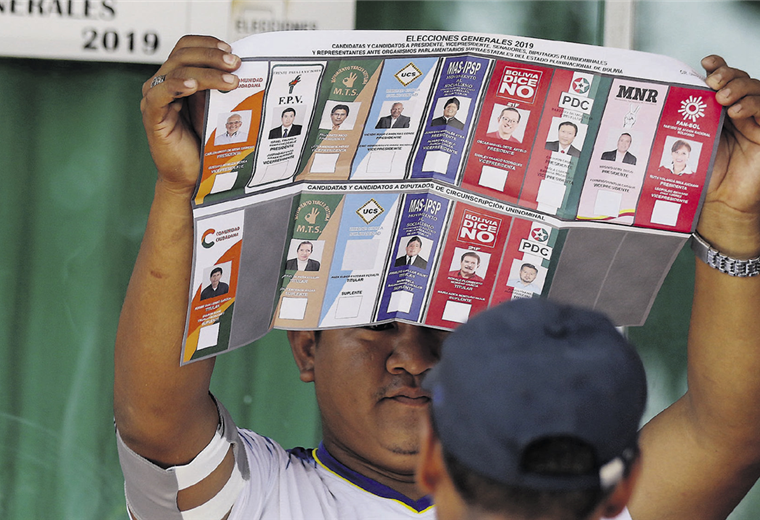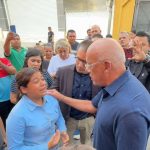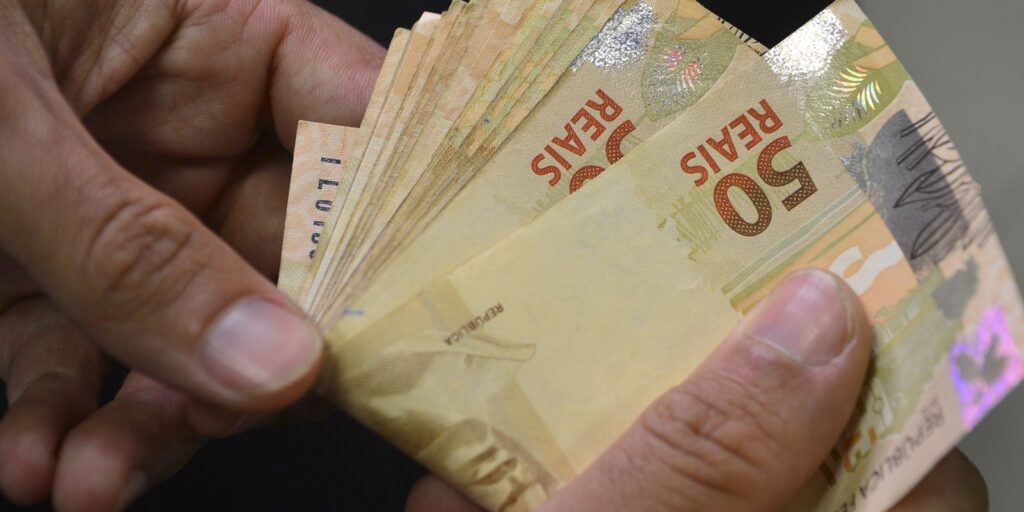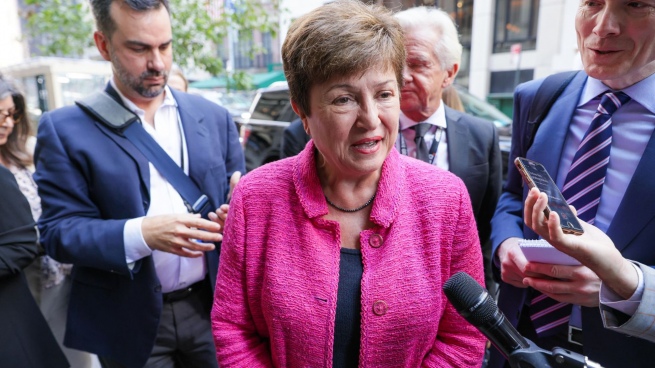Democracy in Bolivia is in debate. Political polarization also splashes this issue. Some feel that it broke in the government of Evo Morales and, others, with that of Jeanine Áñez.
What is the current situation? Does Bolivia have 40 years of democracy or not? The debate between analysts and politicians leads to two clear currents. In fact, both coincide with the rupture of the democratic process, but with two presumed culprits: the 14-year government of Evo Morales, in which his critics affirm that the powers of the State were co-opted; and for the ruling party, that of Áñez, which they call a “de facto” government, because it broke the constitutional order.
The Latin American Strategic Center for Geopolitics (CELAG) conducted a study between March 2 and 27, 2022through 2,000 telephone interviews in the nine departments of the country, in rural and urban enclaves, controlling quotas for gender, age and socioeconomic level.
One of the questions was: Which of the following words best describes your feeling about the current situation in the country? 36.7% checked the boxes for hope and confidence; 30.2% that of uncertainty; 22.1% expressed anguish and anger and 8.9% chose to be indifferent. The survey was applied to the year of the government of Luis Arce Catacora.
The former president and leader of the Citizen Community, Carlos Mesa, is convinced of the achievement that the gigantic conquest meant history of October 10, 1982, “the central date of our past that democracy won for Bolivians and Bolivians”.
But, he assured that “today what we live in is an autocracy. The government and the MAS arbitrarily and discretionally control the four organs of the Stateor, which denies the existence of a representative democracy. But not only that; it ignores participatory democracy by not accepting the voice of the people that expresses itself, among other mechanisms, through the Cabildo and manipulating prior consultation as it did in more than one case (national parks and indigenous territories). Finally, it ignores community democracy by despising, ignoring and subjugating through its militants and activists, the territories and rights of the indigenous peoples of the lowlands.”
The autocracy -according to Mesa- that governs still lives on material and political rents, “and of a predatory extractivism, it does irreparable damage to the country by dishonest corruption and the debasement of broad sectors of society, which is generating a loss and investment of ethical values of individual and collective behavior of Bolivian society.
For the Minister of Justice, Iván Lima, the main characteristic of democracy is that majorities and minorities reach consensus and agreements that go far beyond five years of management, such as a judicial reform, which requires a medium and long term to materialize.
“When there are agreements such as the Moncloa Pact (on the program for restructuring and reforming the economy and agreement on the legal and political action program in Spain in the 1970s), or in Bolivia the two-thirds agreements at the time of Luis Ossio Sanjinés, or others that allow us to have that long-term vision, we have a healthy democracy. But, when there is intolerance, factors of parliamentary representation or civil society that do not want to dialogue or are not willing to have that agreement on issues that benefit everyone, democracy is not in its best state”, he assured.
In addition, it maintains that Bolivia cannot celebrate 40 years of continuous democracy because democracy was interrupted in 2019.“We maintain that there was a coup d’état and that Áñez’s was a de facto government, which interrupted democracy,” Lima said.
The political scientist and professor at Florida International University, based in Miami (USA), Eduardo Gamarra, considered that the election of Evo Morales was absolutely legitimate and it arrived with a very important strength and spirit of renewal. “The debate is that taking advantage of the majority, followed a model that concentrated power in the Executive and attacked the basic principles of liberal and representative democracy, far from what was tried to build since 1982,” he said.
He said that the MAS criticized the agreed democracy, “but all democracies are, all deserve the opportunity to give representation and voice to all. Starting in 2006, with the arrival of Evo Morales, a single party model was built without respect for minorities”.
Bolivia is governed with a union model, “which leads to the concentration of power in the Executive, which led to subjugation with human rights violations, never recognized by the governments of Evo or Arce”.
For Gamarra, in Bolivia there is no longer democracy, but a “competitive authoritarianism, as some of my fellow professors call it. They followed the rules to get to power and changed them when they had assumed it, committing violations to stay in power.
In the case of Áñez, the constitutionality of her arrival is debated. “I think it was a time when there was a power vacancy, with a series of resignations of those in the line of succession, which left a free interpretation of the CPE and the endorsement of the same Constitutional Court that authorized the re-election of Morales, despite the fact that the CPE prohibited it. The paradox, that ‘de facto’ government creates the conditions for a clean election”.
Carlos Sánchez Berzaín, former minister in the last administration of Gonzalo Sánchez de Lozada, was the toughest. “In Bolivia there is no democracy, it is a dictatorship and a narco-state, because the five principles of democracy are not respected: respect for human rights, separation of powers, subjection to the rule of law; free elections with a padrón, in Bolivia, adulterated and free political association, there are more than 8,000 exiles”.
Carlos Romero Bonifaz, former Minister of Government of Evo Morales, pointed out that Áñez’s time Democracy was cut off with an anti-constitutional government that carried out extrajudicial executions, torture, that took the Armed Forces out into the streets and ordered them to shoot.
But he went further, and said that democracy in Bolivia is now threatened “by dark forces. United States with the complicity of shadowy local power groups. The promotion of drug trafficking is a political strategy that has the complicity of the political system, and I am referring to the ruling party, clearly penetrated in some leaderships, that is the black plan; those in the center, Mesa, Samuel Doria Medina; and the radical right of Believe and the UCS. It’s perforated.”
















